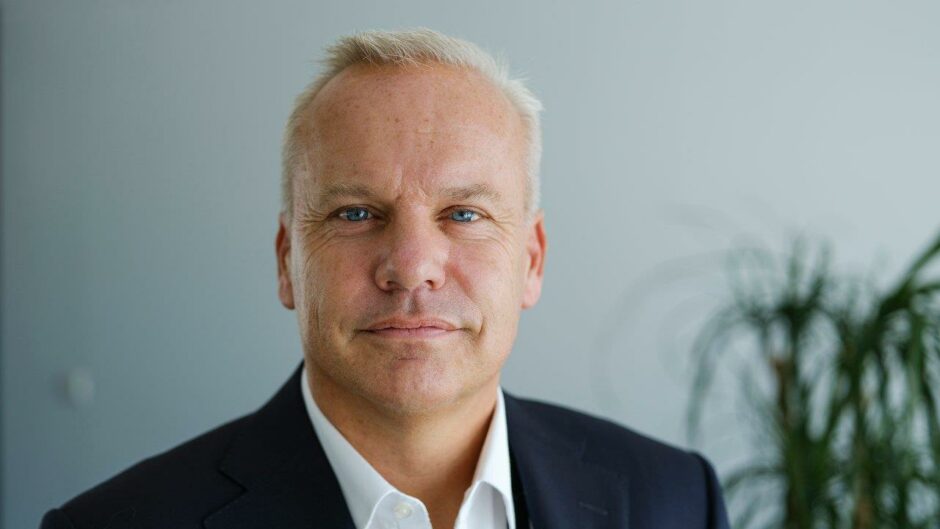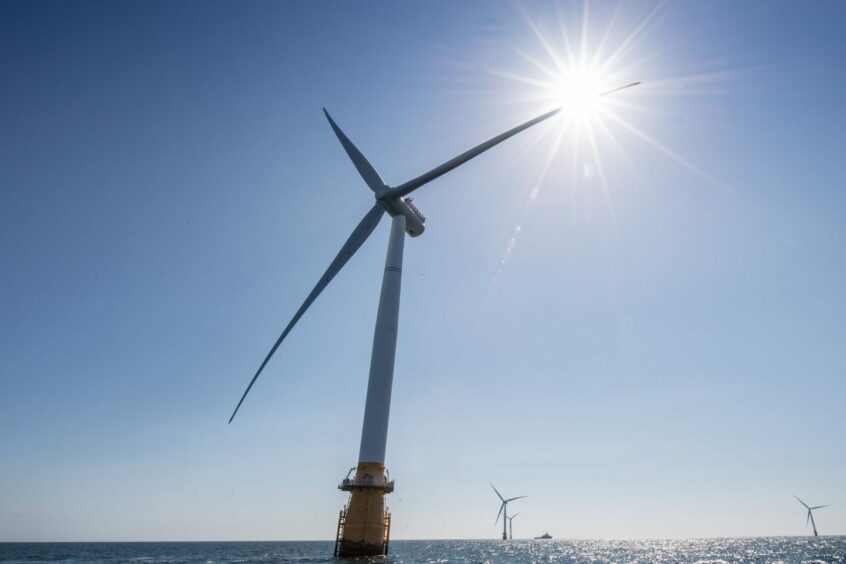
Equinor says “The world is far from being on track” to meet the net zero goals laid out in the Paris Agreement.
The firm with headquarters in Stavanger writes that the state of international politics has made the transition to cleaner energy “more fragmented.”
Eirik Wærness, chief economist at Equinor said: “The continued war initiated by Russia’s invasion of Ukraine and the challenges with inflation and cost of living are putting a damper on absolutely necessary energy transition measures.”
Since the invasion of Ukraine and many European nations limiting their hydrocarbon imports from Russia, energy security has become a major concern for nations as many look to produce as much power domestically as possible.
‘Speed and scale are uncertain’
Mr Wærness continues: “On the other hand, it is encouraging to see that substantial progress has been made in some areas such as solar PV and electric vehicle deployment.
“Despite short-term setbacks, the longer-term signals clearly point in the direction of decarbonisation, but speed and scale are uncertain.”
The current geopolitical political and environmental landscape has created a trilemma for the energy sector in which nations and energy companies must balance security of supply, sustainability and affordability.
According to Equinor despite positive steps being taken to ensure the energy sector becomes carbon neutral by the deadline of 2050, “positive developments are in many cases offset by negative ones.”
The company’s chief executive, Anders Opedal, said: “With energy security and affordability high on the agenda, we’ve turned every stone to maximise our energy deliveries to Europe.
“At the same time, we have contributed to a balanced energy transition by advancing renewables and low-carbon solutions projects.”
These conclusions came from Equinor’s Energy Perspectives, an independent energy scenario analysis.
This document lays out two possible scenarios, “the Walls” and “the Bridges”.
The Walls scenario signals a path of substantial energy transition, however falling clearly short of Paris-consistent climate ambitions for 2050.
While Bridges is a normative scenario aligned with the 1.5-degree global warming ambition in the Paris Agreement.
To achieve the Bridges scenario, Equinor says there needs to be a low geopolitical conflict level, common solutions to common challenges across regions, and sharing technology and financial support from industrialised countries to developing countries.
The firm writes: “Another year has passed by with only moderate progress and that amplifies the massive shortcomings of actual energy transition measures compared to stated ambitions.”
Recommended for you


 © Supplied by Ole J?rgen Bratland
© Supplied by Ole J?rgen Bratland © Supplied by Equinor
© Supplied by Equinor